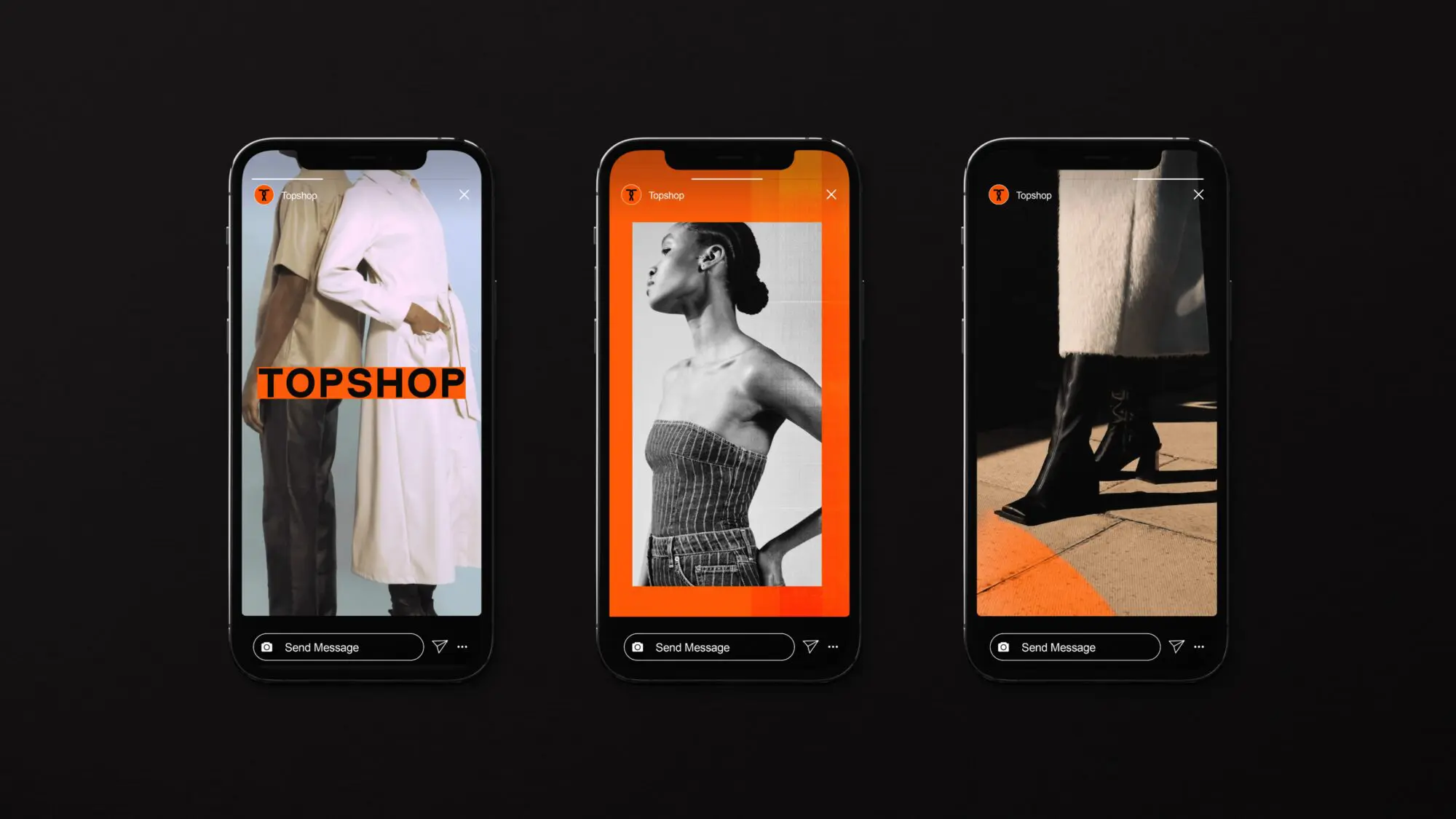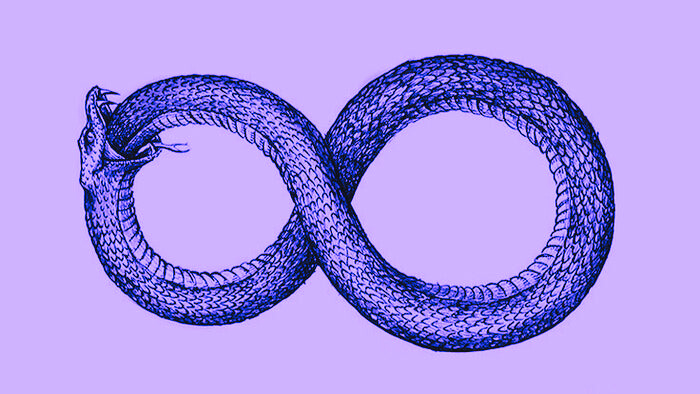"Once you get to a certain level in big agency land, you see just how little of a client's money is spent on actual creativity," explains Steven Bennett-Day, who alongside Aaron Howard founded independent creative agency Ourselves after their time as creative leaders at Havas.
Their revelation sparked a bold proposition: what if they inverted the traditional agency economic model, directing 80% of client budgets toward creativity rather than overhead? This question became the foundation of their remote-first agency, established six years ago - well before the pandemic made distributed teams an industry necessity.
Remote working as creative advantage, not pandemic response
"We went remote pre-COVID, before it became a thing," Bennett-Day notes. "We just felt our work would be better if our people had the ability to make it around a creative life, an exciting life."
This philosophy wasn't merely about work-life balance, it was fundamentally about improving creative output. Howard articulates what many creative professionals intuitively understand but agencies often resist: "For a creative person, the desk was not where I had my best ideas. It was when I left that desk, when I was somewhere else. Good creatives are like magpies – they need to be out gathering shiny new things."
Their approach has enabled a globally distributed talent model that prioritises creative inspiration over physical presence. "Some of our team have worked remotely while travelling the world," Bennett-Day shares. "Happy creatives create better work.
And though remote working has been challenged as being disconnected, the team are far from it. Technology brings them together daily, with regular team gatherings thanks to shared work spaces. "We chose to explore beyond the confines of traditional workspaces, and the team understands that being connected in this way is core to our creative practice." says Bennett-Day.
Collaboration over creative ego
While many agencies claim to be collaborative, Ourselves has built its reputation on a genuinely partnership-oriented approach, particularly with founder-led businesses where personal investment in the brand runs exceptionally deep.
"Founders have so much invested in their own business and care so much about what that means," Howard observes. "To give this precious thing over to somebody else is very stressful for them. They need someone they can trust and will do what's right for them."
This stands in stark contrast to what Bennett-Day describes as the industry's traditional posture: "There's an antiquated way of approaching things, give us two weeks, we'll come back with a big jazz hands presentation. Sometimes that'll work, but more often than not, it will fail."
Instead, Ourselves emphasises taking clients on a journey. "We might present work in four weeks, but we'll have two to three check-ins in between to take them on that journey," Howard explains. "By the time we get to that presentation, we feel very confident that what we're presenting will make them excited but also shows we've listened.”
The senior touch that larger networks can't match
In an industry where senior talent often appears for pitches before disappearing into management roles, Ourselves maintains a hands-on approach that resonates with clients seeking genuine creative leadership.
"Nearly everything that goes through our business goes through Aaron and myself," Bennett-Day states. "We keep really close to work because that's the most important thing for us. We're not building an agency to scale up and sell, we're building an agency to step back and say we're really proud of all the work we've done."
This senior involvement isn't merely a selling point, it's fundamental to their founding ethos. "We got back into this to get our hands back on the work," Bennett-Day explains. "When you become an ECD at a big agency, your job becomes politics, negotiation with other departments, and budgets. It's no longer about creativity."
Solving complex brand challenges
When asked what kind of work excites the agency most, Howard's answer reveals their strategic orientation: "I think what we're particularly good at is solving fairly complex challenges. We love a purposeful brand with a difficult problem.”
This problem-solving approach has led them to excel with brands facing strategic inflection points. For Silver Spoon, they helped pivot from "two sugars in your tea" to baking with the platform "Life is what you bake it." For Gail's Bakery, they addressed the tension between rapid growth and maintaining artisanal credibility.
"The meaty challenge there was how do we still talk about being in somebody's neighbourhood when we're trying to take over the world from a high street perspective," Bennett-Day explains. "What makes you unique? How have you got here and where should you be going next? That sort of level of strategic thought is what we're really good at."
Punching above their weight
A consistent theme throughout the founders' reflections is their commitment to creating work that exceeds client expectations given budget constraints.
"We just won't ever settle for anything that's just alright," Bennett-Day insists.
Howard adds: "That's the beauty of being a bit more agile as a team. We've gained a lot of partnerships over the years from various production companies to make stuff happen. We were recently on a TV shoot for Fy!, a home interiors brand, and at one point, the client turned to me and said, 'I just never thought we'd be here and putting a TV ad out like this for the budget we had.' It's too easy to slap zeros on the end of things, there's always a way of making it work."
The independent agency renaissance
Looking ahead, both founders express optimism about the future of independent agencies like theirs - a sentiment that stands out in an industry often characterised by pessimism.
"The trend that I'm really liking is the focus on more independent agencies being able to deliver wholeheartedly against some of the networks," Bennett-Day observes. "We've found ourselves in pitches with clients that have traditionally worked with networks but are now looking for a roster of smaller, more interesting organisations."
Howard sees this shift as beneficial not just for agencies but for talent: "Good people stand out. In every pitch I've been involved into, the client buys into the team, not just the work. Chemistry is the most important thing."
As the industry continues to evolve, Ourselves stands as evidence that challenging traditional agency models can yield both creative and commercial success. "We didn't go with investment. We didn't go into this with a client," Howard reflects. "We went into it with two people who said, 'We know what we want to do.' There's something to be proud of in building that from scratch."
For clients seeking an alternative to bloated agency structures and diluted creativity, the message is clear: sometimes the best way forward is to do it Ourselves.



.avif)
.png)

.jpg)

